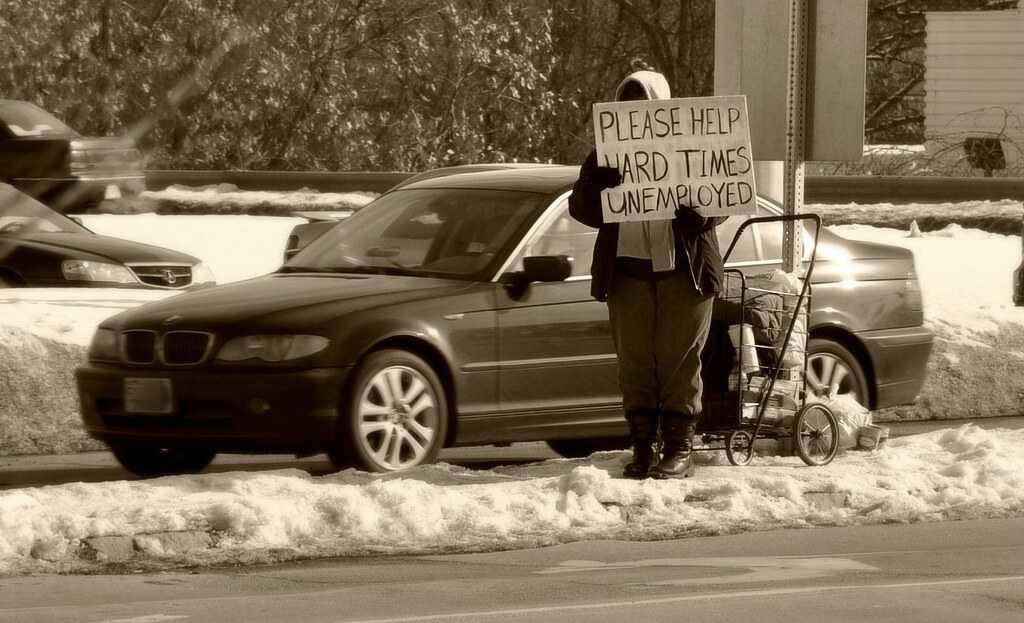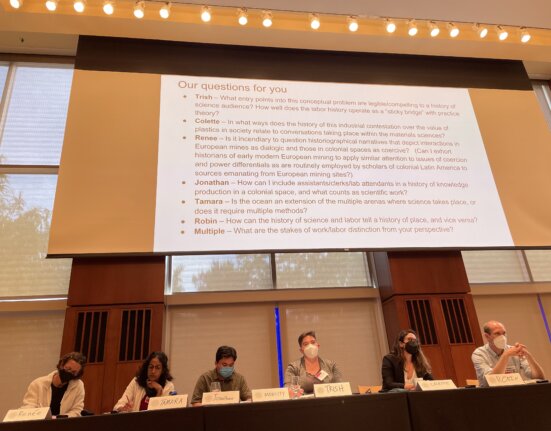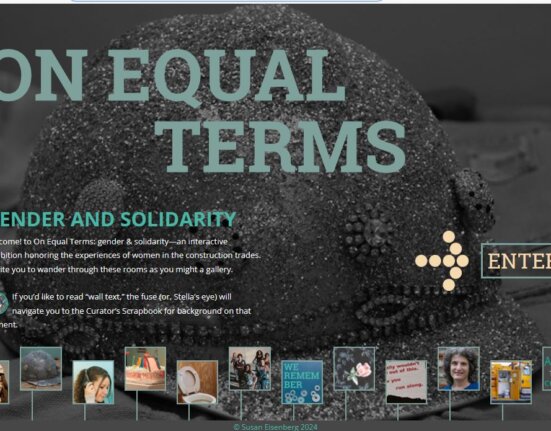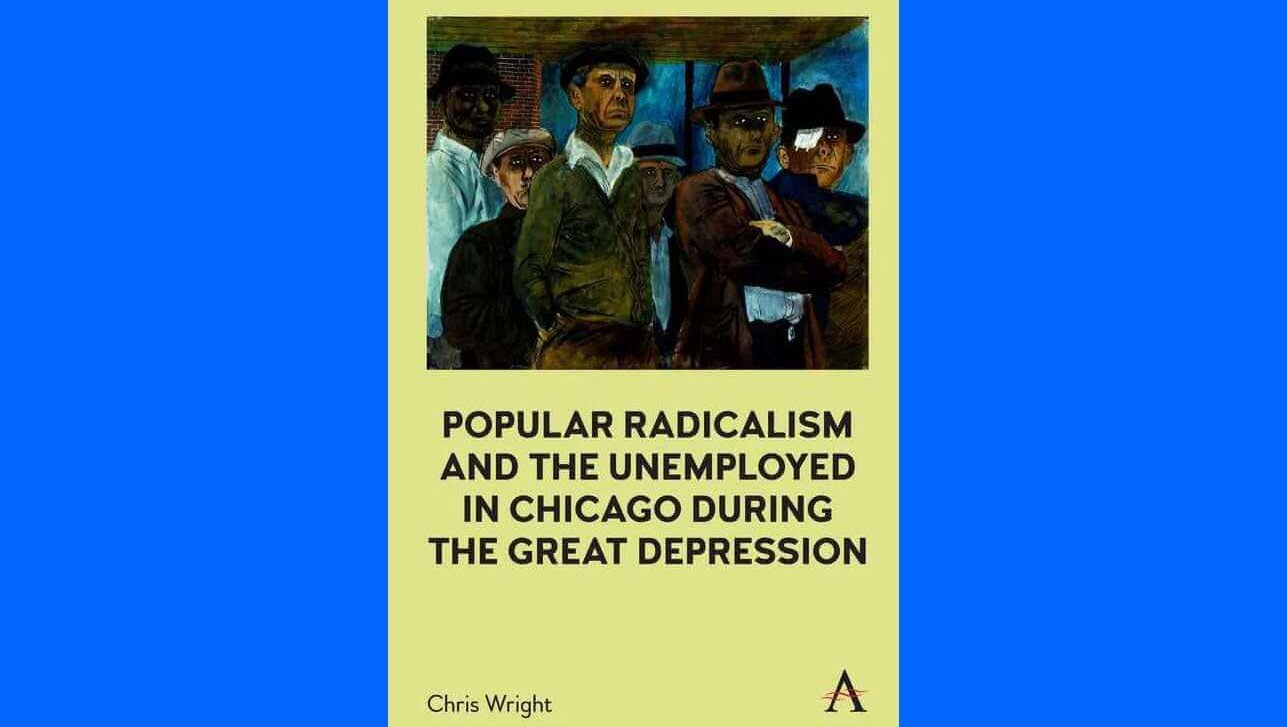There is a growing awareness that wealth inequality is directly affecting everyman. All politicians recite the pledge to help the middle class, republicans with more supply side solutions and democrats with tax plans. The republicans passed a tax break on businesses so they can grow and hire more people. This tax give away resulted in 436.6 billion of stock buy backs. This in turn resulted in increased stock prices. Since, according to CNN, 10% of households own 84% of stocks, the wealthy just got a bonus. Job creation resulting the tax change pales in comparison to the boost it gave stock prices.
One-time bonuses were well publicized. A $1,000 bonus is nice, but a $1,000 boost in salary would compound over the years and offer workers more than a one-time opportunity to buy a new TV. As for the reduction in individual tax rates, that would be nice, but now I am in a higher tax bracket than companies making millions. There is room here to speculate whether this contributes to a slow drip of wealth transfer from the bottom up.
The democrats have plans to rebalance America’s wealth. Elizabeth Warren’s plan would place a 2% tax on people with net worth 50 million and a 3% tax on assets of 1 billion or more. This would affect about 75,000 households. Bernie Sanders would increase the estate tax reaching as high as 77% on estates worth over $1 billion. Kamala Harris offers a direct tax credit to middle income people. Alexandria Ocasio-Cortez plans a 70% tax on income exceeding $10 million.
Once again legislators are relying on the tax system to balance a wildly out of control capitalist system. Others have tried and the response was enthusiastic. Huey Long, governor of Louisiana, offered his Share Our Wealth plan in 1934. During one of our deepest depressions, Governor Long proposed capping personal wealth at 50 million dollars (1934 dollars), limiting inheritance, and a guaranteed income. He proposed veterans benefits and health care, free college and higher education, a 30 hour work week and more. In short he combined systemic changes to the system with changes to the tax code to rebalance society’s wealth.
Share the Wealth Clubs swept the country. There were an estimated 27,000 clubs and over 4 million members. Long’s assassination in September of 1935 ended the wave of hope.
Running for governor of California in 1934, Upton Sinclair proposed the EPIC program (End Poverty in California). Believing that the depression was a permanent situation, he proposed a public works program funded by an ad valorem tax on corporations. The payment, if the state agreed, could be delivered in goods or services.
Other radical departures from the U.S. capitalist system were born out of depression era desperation. Father Coughlin, Francis Townsend and others led a call for systemic changes to the U.S. system. Some of these proposals, social security, inheritance tax and more have made their way into the system.
The recognition of inequality of wealth and opportunity in our society has again spurred action. Tax plans help, but they are reactive in nature. Once a corporation and its executives accumulate significant wealth, the tax man comes, followed quickly by tax lawyers. A better approach is to change the rules that allow that to happen. That necessitates a reexamination of why corporations exist.
Current thinking is that the primary consideration of a public corporations is to make a profit for the shareholders. This is achieved on the backs of workers, a disregard for the environment, and regardless of societal impact. The recent withdrawal of Amazon from New York City is an encouraging but rare example of a victory of the people over a corporation willfully ignoring its impact on society.
Hoping that corporations will grow a soul is silly daydreaming. The government, the only entity strong enough to deal with these behemoths, needs to take a behaviorist approach to changing corporate culture. Knowing that positive reinforcement is stronger than negative, governments (from municipal to federal) can offer incentives to be a good corporate citizen. As it is, companies are being enticed to locate their business with millions if not billions of dollars in incentives and need only plant their feet in location X.
This is craziness. States, cities and boroughs are dragged into a competitive bidding war. Great for business, not so much for those paying the tab. There is hope. A segment of our business world is proud to follow the values of Corporate Social Responsibility (CSR).
In recognition of the stable society in which they operate and the use of a financial and physical infrastructure that enables them to do business, and a legal system which protects them, CSR corporations recognize their obligation to contribute to society proportionate to their revenue.
The tools of change are there, they are being articulated by the new progressives. The money is there, shown by the disturbing bribes offered to relocating companies. Public support for equalizing wealth has a proven successful history.
Our founding fathers did not envision a country with such inequalities. The constitution does not mandate unbridled capitalism as the economic system. We are free to influence and regulate an economic system as best meets the needs of society.







